Wool Month is held throughout October and is a celebration of one of the world’s most versatile, durable, and environmentally friendly materials.
As someone passionate about sustainable fashion, attending this year’s (2024) launch event at Burlington Street was not just an opportunity to experience the latest wool innovations but also a reminder of the importance of understanding the alternatives in the fight against synthetic, fast-fashion materials.
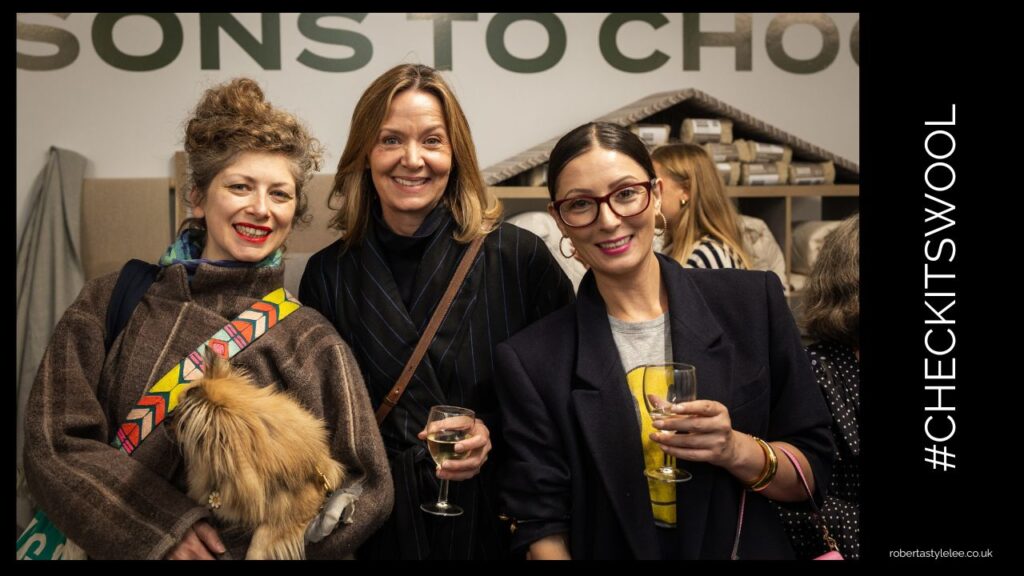
Sir Nicholas Coleridge, Chairman of the Campaign for Wool, introduced us to Wool Month and gave us some insight into its history. He spoke about King Charles III (then Prince of Wales), who played a pivotal role in establishing the campaign in 2010.
Recognising the decline of the wool industry due to synthetic material alternatives, he spearheaded this campaign to promote wool’s natural and sustainable qualities.
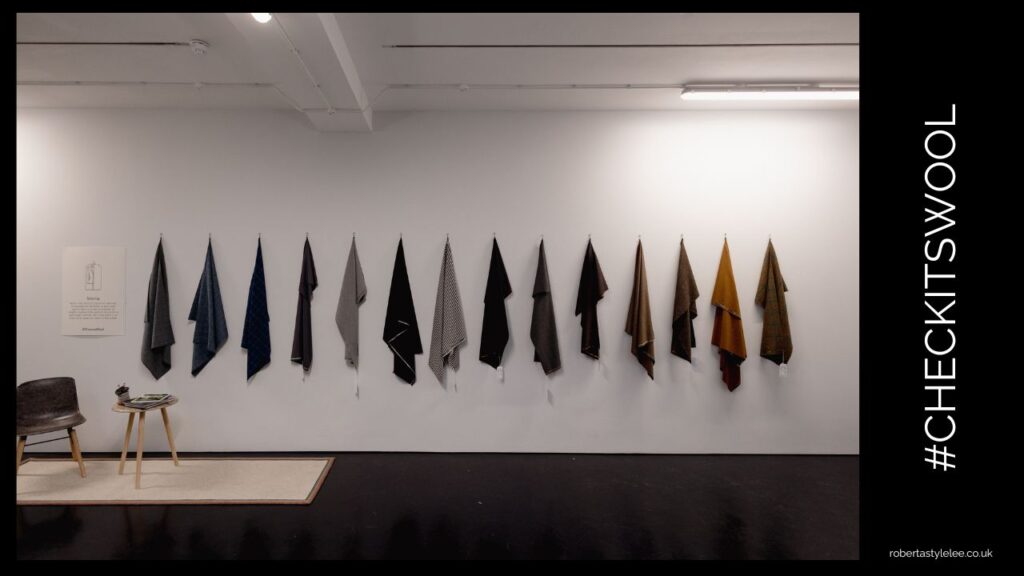
We were then invited to review the latest wool innovations from around the globe, including examples from Australia, Britain, New Zealand and South Africa.
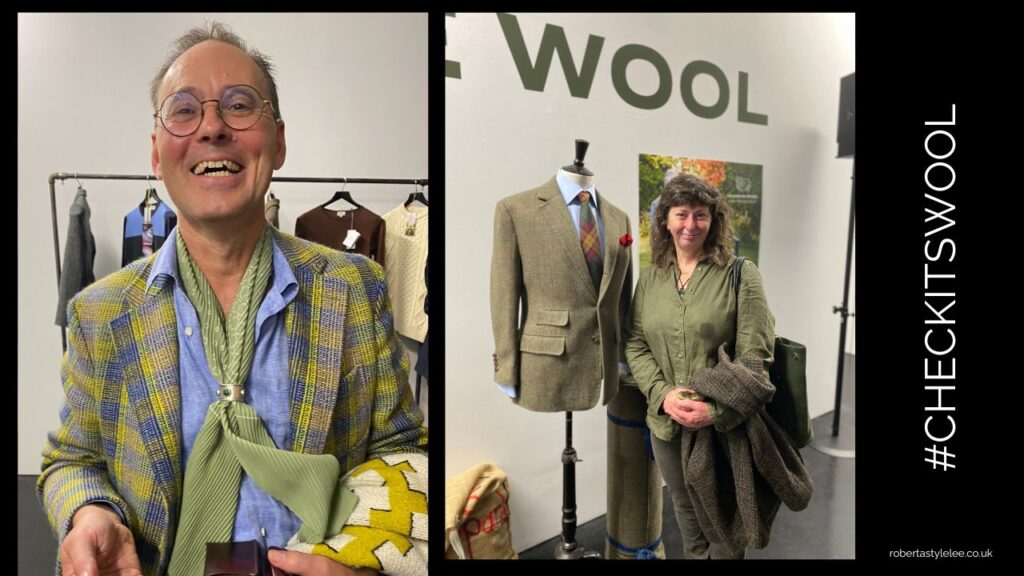
It was a wonderful event allowing us all the opportunity to feel different wool types, fabrics, and finishes and meet some of the industry’s leading experts and brands. It was also a chance to bump into industry friends and make some new ones.
The Importance of Natural Fabrics in Sustainable Fashion
Wool is a biodegradable and incredibly durable material that holds its shape and quality over time. And unlike many modern clothes made from synthetics, it doesn’t shed microplastics.
This year, the theme of the Campaign for Wool is “Check it’s Wool”—a” push to ensure consumers are aware of the difference between genuine wool and synthetic imitations.
Acrylic yarn is one of the most popular wool dupes in fashion. And if you’re wondering how sustainable wool is, I’ve broken down all its sustainability credentials and ethical aspects in a dedicated guide on sustainable wool (coming soon!).
What Makes Wool Sustainable?
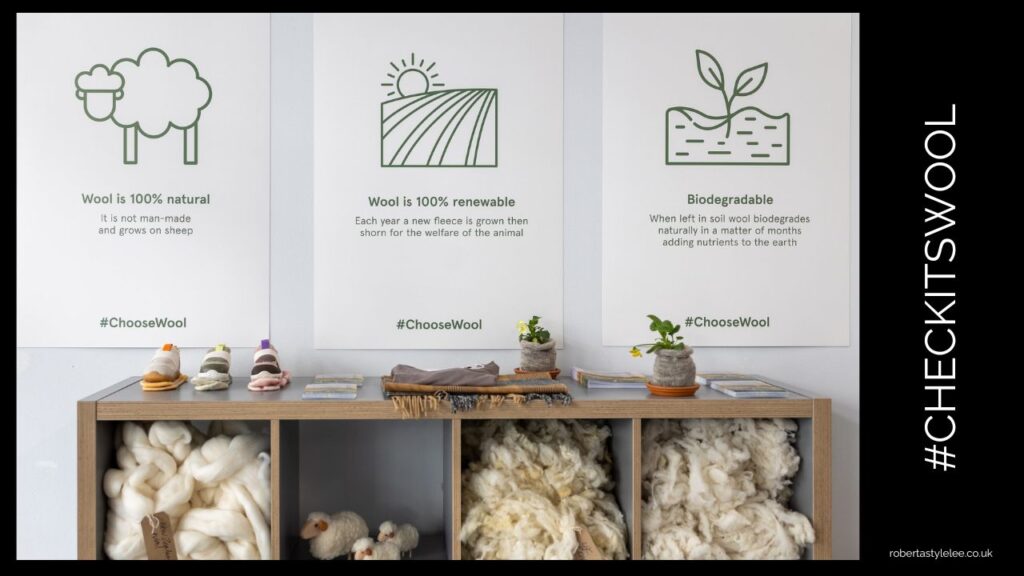
Wool’s environmental credentials are impressive, particularly when compared to synthetic fabrics. Wool is naturally biodegradable, which means it decomposes without harming the soil or water systems. It’s also a fantastic insulator, allowing us to reduce energy consumption by regulating body temperature naturally.
Wool production can also be managed sustainably. For example, brands adhering to standards like the Responsible Wool Standard (RWS) focus on ethical animal welfare and environmentally friendly practices.
Certified wool production has been steadily rising, with recent data showing an increase from 4.2% in 2022 to 4.8% in 2023, as highlighted in the Textile Exchange Materials Market Report 2024.
Can wool be a true contender for sustainable fashion in the future? It is, of course, a tricky one to answer. We do need to take into account the environmental impact of agricultural farming, as well as the ethical implications of rearing sheep for meat and wool. For me, there’s not a straight answer, and you have to go with what feels right for you.
The Mulesing Controversy: What You Need to Know
One of the ethical concerns surrounding wool production is mulesing, a practice primarily used in Australia to prevent flystrike in sheep by removing strips of wool-bearing skin. While it aims to prevent infections, the procedure is often painful and distressing for the animals if done without proper care and anaesthesia. Fortunately, as consumer awareness grows, so does demand for non-mulesed wool.
Other animal welfare issues can also be a concern, such as the overall welfare of the sheep, tail docking, ear clipping, the environmental conditions they live in, the shearing process, and what happens to the sheep once they are no longer producing the quality of wool required.
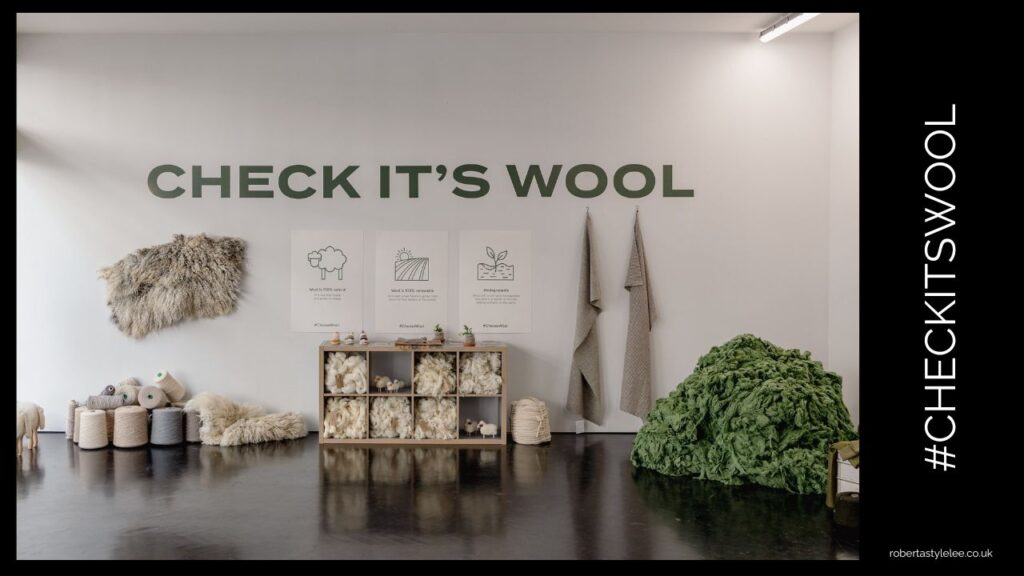
The Benefits of Wool
- Natural Insulation: Wool keeps you warm in winter and cool in summer, adapting to your body’s temperature.
- Biodegradability: Wool decomposes naturally, leaving no trace of harmful chemicals in the environment.
- Durability: Wool fibres are naturally elastic and resilient, which means your wool garments can last longer than many synthetic fabrics.
- Low Environmental Impact: Wool production requires less water and fewer chemicals than many other textiles.
- Moisture-Wicking Properties: It absorbs moisture without feeling damp.
- Hypoallergenic: Wool naturally resists dust mites and mould, making it suitable for people with allergies.
Where to Shop for Sustainable Wool
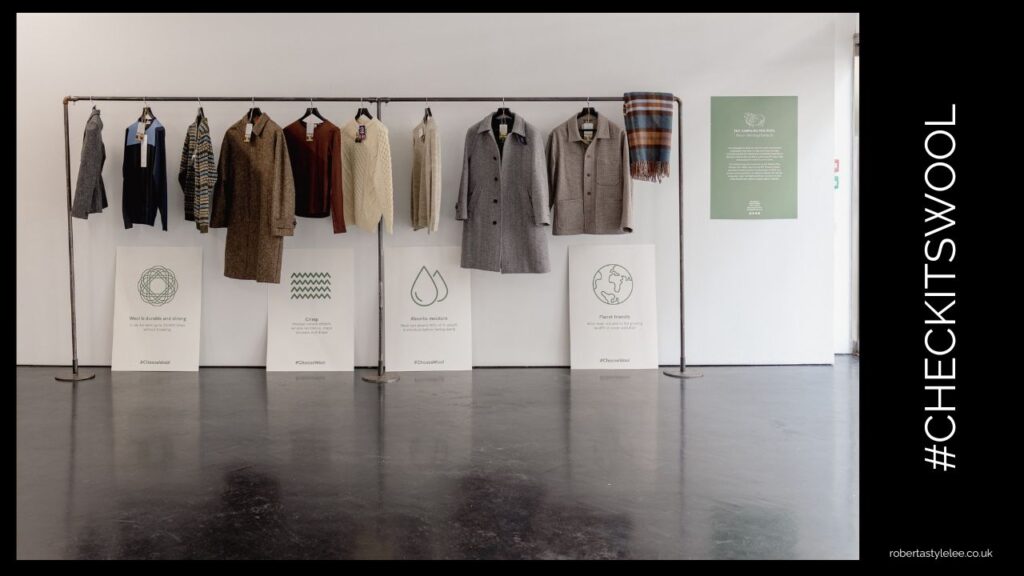
Here are a few standout brands making a positive impact in the wool industry that were on display at the press event, blending style, craftsmanship, and sustainability:
Anderson & Sheppard
Anderson & Sheppard is known for its commitment to using responsibly sourced wool in bespoke tailoring, aligning with the Campaign for Wool’s mission. The brand repurposes wool offcuts for its “Woven in the Bone” initiative, focusing on circularity and reducing textile waste.
Website: Anderson & Sheppard
Aubin
Aubin emphasises British craftsmanship and sustainability, with a focus on long-lasting, responsibly-made garments. The brand uses wool and other natural materials sourced ethically.
Website: Aubin
Finisterre
Finisterre is dedicated to sustainable outdoor wear, with a focus on eco-friendly materials and practices. They prioritise the use of non-toxic, low-impact wool and have initiatives in place to improve transparency in their supply chain.
Website: Finisterre
Johnsons of Elgin
Johnsons of Elgin has a heritage of producing high-quality wool products with a focus on sustainability. They are committed to using natural materials, responsible sourcing, and reducing their environmental impact.
Website: Johnsons of Elgin
John Smedley
John Smedley is known for producing fine knitwear with sustainability in mind. They are part of the Positive Luxury initiative, which promotes responsible business practices and environmental stewardship.
Website: John Smedley
Navy Grey
Navy Grey specialises in creating timeless knitwear with responsibly sourced wool. The brand is committed to reducing environmental impact by using certified organic wool and biodegradable packaging.
Website: Navy Grey
Smalls Merino
Sustainability Credentials: Smalls Merino focuses on using superfine merino wool in a way that is both ethical and sustainable. They source their wool from ethical farms, ensuring animal welfare and environmental responsibility.
Website: Smalls Merino
Walker Slater
Walker Slater combines Scottish tradition with sustainable practices, creating wool garments with an emphasis on natural, ethically sourced materials and eco-friendly production techniques.
Website: Walker Slater
Ethical Considerations
For those who follow a vegan lifestyle or have concerns about animal welfare, wool presents a complex issue. Although wool is natural and renewable, some practices in the wool industry—like mulesing—raise ethical red flags. But that’s not all—the shearing process for sheep can be traumatic if not done correctly.
Then there is what happens to the sheep once their wool is no longer viable to be sold.
The good news is that many brands are now sourcing wool from farms that ensure the humane treatment of animals, certified by organisations like the Responsible Wool Standard (RWS). These certifications ensure that wool is sourced in a manner that prioritises animal welfare, environmental responsibility, and sustainable land management.
Final Thoughts: Wool Month 2024
Wool Month serves as an important reminder of the role materials we choose can play in building a sustainable wardrobe and supporting a more sustainable transition within the fashion industry. While the fashion industry continues to battle the environmental impact of synthetics, wool offers a biodegradable solution. But like all animal-derived materials, it still has ethical implications.
If you’re considering wool for your wardrobe, remember that it’s an investment. Each piece can last you a lifetime if cared for correctly.
So, as you step into winter, think about the long-term benefits of adding wool to your closet, ‘check its wool’ and be aware of the synthetic alternatives that can cause a risk to your health and the environment.
If you want to wear wool, ask yourself if it is better to buy certified wool new or if seeking wool garments preloved is a more desirable fit for you.
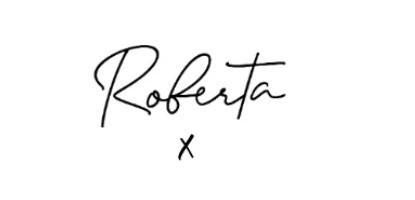
Update to content:
Please note I have stricken off ZQ Merino due to the latest PETA report, which I cannot unsee, so I am unable to put trust into this certification or recommend it. | Updated January 2024




